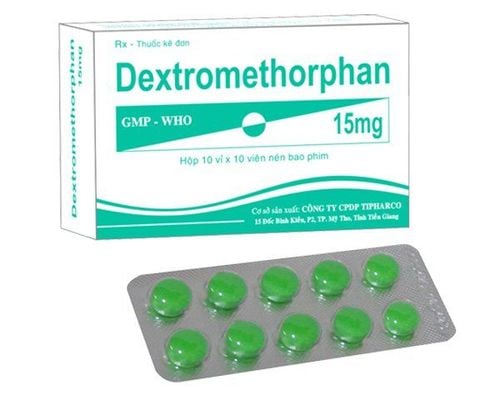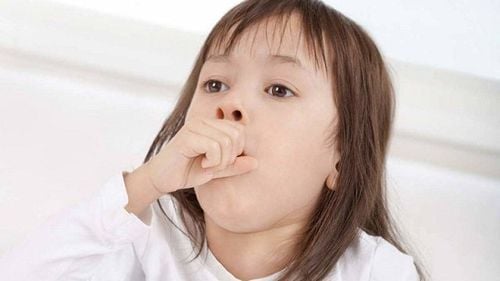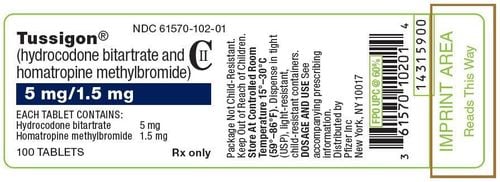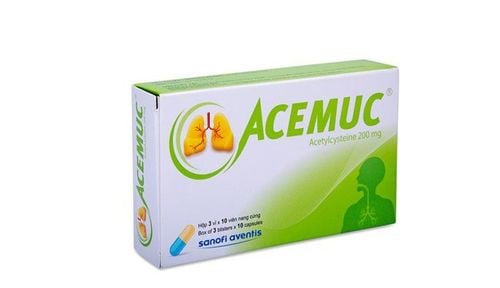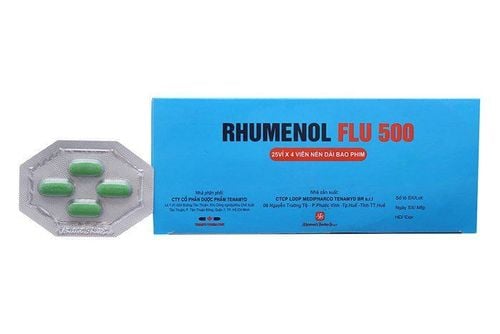This is an automatically translated article.
Posted by Pharmacist Hoang Nguyen Kim Thoa - Faculty of Pharmacy, Vinmec Times City International General HospitalDextromethorphan has a cough suppressant effect by inhibiting the cough center in the medulla oblongata. The drug is often used in combination with other drugs to relieve cough in respiratory tract infections, cough due to bronchial irritation. The drug has no expectorant effect.
1. What are the effects of Dextromethorphan?
Cough is a reflex of the body that helps to eliminate secretions, irritants or is one of the manifestations of a disease. Cough can be a manifestation of respiratory disease but can also be a manifestation of other conditions, such as gastroesophageal reflux disease, heart failure. The doctor needs to evaluate the entire clinical presentation and laboratory and imaging parameters to be able to properly diagnose the disease. You should not arbitrarily use dextromethorphan to relieve cough without knowing the cause. Medicines do not treat the cause of the cough. If used incorrectly, it can make the disease worse.2. Common use form and strength
The drug is marketed in the form of tablets or syrup. The drug can be made alone (with only 1 ingredient dextromethorphan) or in combination with many other ingredients. The content of the drug is also quite diverse with 10 - 60mg tablets or syrup with a concentration of dextromethorphan 5mg/5ml; 7.5mg/5ml; 30mg/5ml...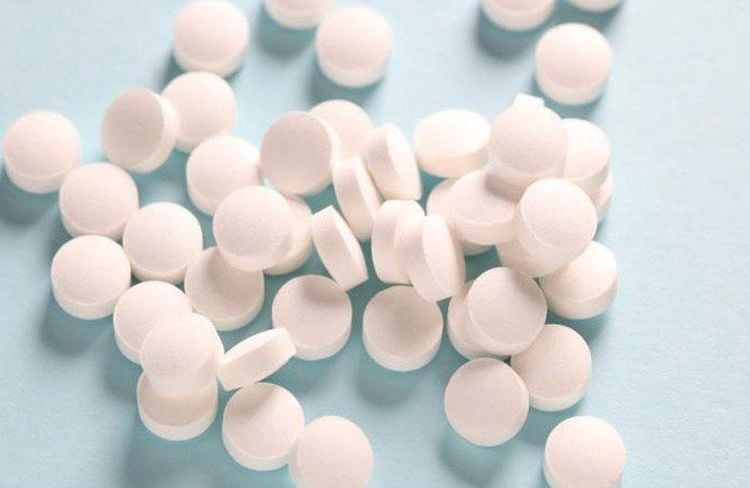
Hiện tại, trên thị trường thuốc được điều chế dưới dạng viên nén và siro
3. Dosage of dextromethorphan
The drug has many different strengths and dosage forms on the market. You need to use according to the prescribed dose and read the product's instructions carefully before takingUsual dose of dextromethorphan:
Adults (and children ≥12 years old): 10-20mg every 4 hours or 20 -30mg every 6-8 hours. Maximum 120mg/day Children <6 years: 5mg every 4 hours, not to exceed 6 doses in 24 hours. Maximum 30mg/day Children <12 years: 10mg every 4 hours, not to exceed 6 doses in 24 hours. Max 60mg/day The drug is not recommended for use in children <2 years of age due to the risk of serious side effects that can be seen in infants and young children.
4. Side effects of dextromethorphan
At usual doses, the drug is well tolerated, with few side effects. However, the drug may cause drowsiness, dizziness, restlessness, anxiety, nausea, vomiting, gastrointestinal irritation, fatigue. Drowsiness may be common when syrup preparations are combined with other drowsy ingredients.Usually, the side effects of the drug are mild and transient. If the side effects cause discomfort or persist, you should notify your doctor or pharmacist for advice and timely monitoring.
In case you have allergic manifestations after taking the drug, you should immediately notify your doctor (Allergic manifestations such as: itching, hives, difficulty breathing, difficulty swallowing, swelling of the lips, face, tongue...)

Một số tác dụng phụ có thể gặp sau khi sử dụng thuốc như: chóng mặt, buồn ngủ, buồn nôn, bồn chồn,...
5. Points to note when using drugs
Use prescription drugs, do not self-medicate. Do not arbitrarily increase the dose of medicine if your cough does not improve, do not use it for longer than the course prescribed by your doctor. Overdosing on drugs can be dangerous to your health.The drug can be used before or after meals, if you feel irritation in the gastrointestinal tract, it is recommended to use the drug after meals.
The drug may interact with other drugs. To avoid any possible adverse effects, talk to your doctor or pharmacist about your medical condition and the chronic medications you are taking. In particular, drugs for parkinsonism, antidepressant or antipsychotic drugs within 14 days prior to dextromethorphan use should also be discussed for appropriate advice.
Please dial HOTLINE for more information or register for an appointment HERE. Download MyVinmec app to make appointments faster and to manage your bookings easily.




